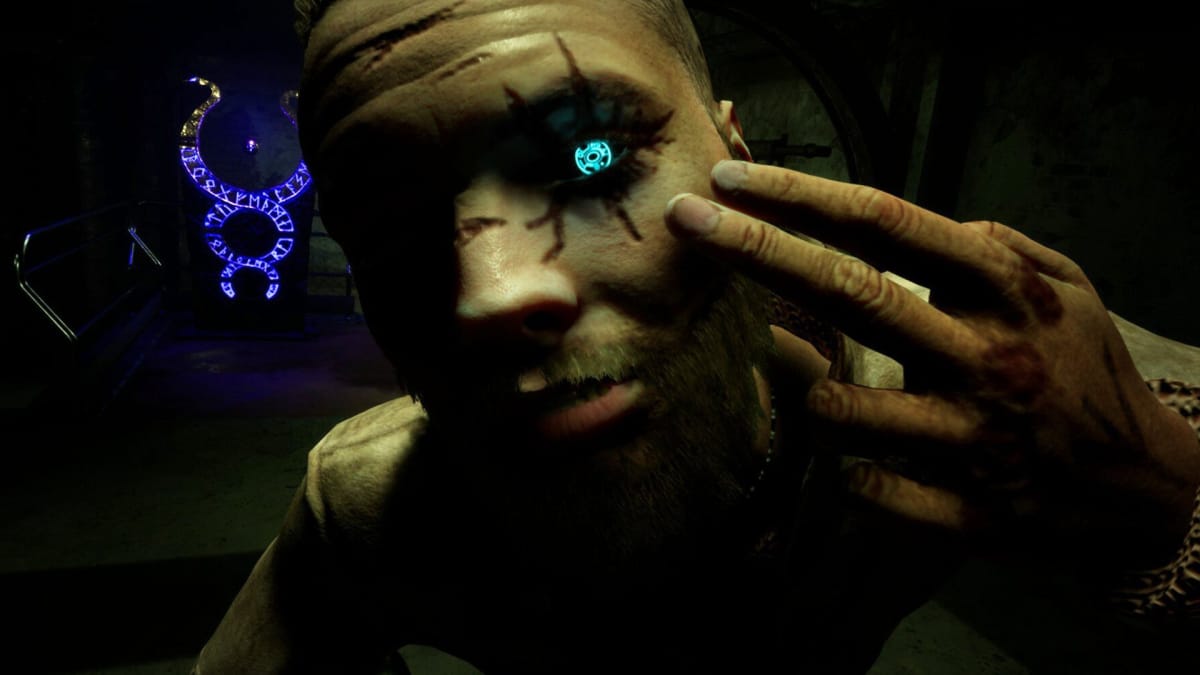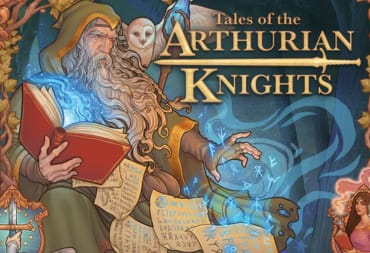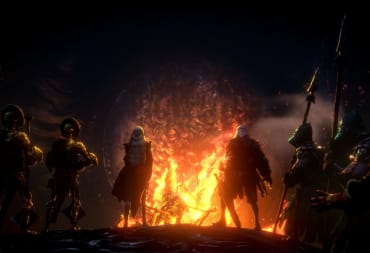Some days I just want to be spooked. Generally, I turn to video games for this. There's just something about playing a horror game, compared to a movie, that feels so much more personal. Almost as if every scare is personally going after me instead of the characters in the film.
After stumbling upon Apsulov: End of Gods one fine day, I knew it was my next spooky experience. So I took the time to play a few hours of this sci-fi horror and I came away quite impressed.
You play as a woman who wakes up just in time to see herself being operated on by a strange and overly angry robot that seems convinced she's a descendant of a Norse god. She manages to escape thanks to the help of a mysterious scientist, but in the process has her arm ripped off and replaced with a robotic one.
Despite this new problem, she'll have to help save the world from the Norse realms leaking into it. It's a fantastic setup and it leads to some genuinely unique takes on the Norse pantheon.
Not every creature or item is what you'd expect, and Apsulov seems to always have unique ways to turn these myths on their head.
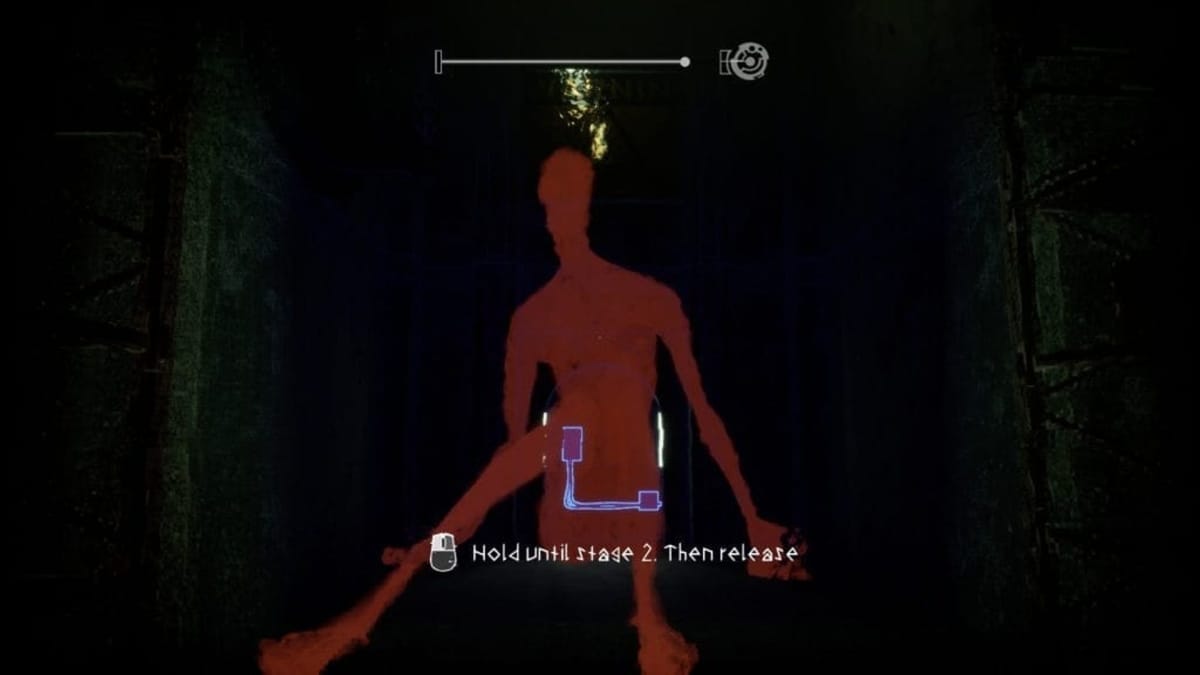
A lot of this comes from its combination of technological and biological horrors. Every creature that you run across just doesn't feel natural in any way. A large part of the few hours I played saw me stalked by Fenris, which looks like a failed mad scientist experiment to create a wolf, only with limbs and heads hanging off of it in all the places they don't normally go.
The creature makes some terrifying noises to go with it, letting out unearthly howls and pathetic gasps for air that almost make you feel sorry for it, at least until it tears a man violently in two.
Like many recent horror games, a lot of the creatures in Apsulov will kill you immediately if given the chance. Unlike many recent horror games, you do at least have some ability to defend yourself.
As mentioned before, you're the new owner of a cyborg arm. As you advance in the game you'll be putting power cells into the arm to charge it up. At first, all you can do is send out a pulse that can interact with electronic devices from afar, letting you open locked doors and toggle switches. Upon getting more cells you can use several at once to emit a charged blast.
Some of the basic enemies in the game, when faced with such a power, will find themselves dissolving into dust. It's not perfect, but it's nice having some way to fight back.
Of course, not all monsters can be blasted away. Some are simply too powerful for that. One memorable moment saw me heading to Jotunheim, the realm of the frost giants. Sure enough, eventually, I ran into one. Suddenly, the game turns into a frantic stealth mission, forcing me to avoid its gaze.
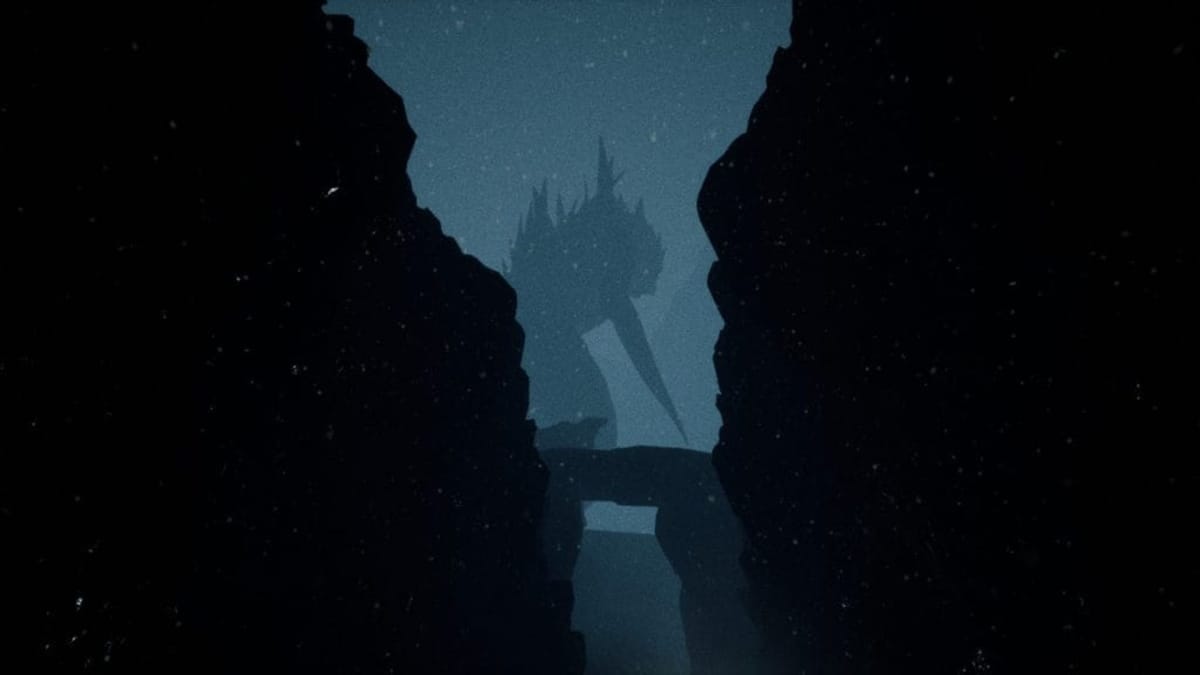
The creature breathes a chilling wind if it catches up, instantly freezing you to death. It's not like a dinky energy pulse from a robot arm is going to do much against such a foe, so the only choice was to get smart and get out of there.
Die, and you get to see another interesting aspect of Apsulov. Instead of getting a game over, you arrive at a spirit pool. Here, you need to collect two orbs. If you manage to collect them and successfully bring them to specific locations, you'll come back to life right where you left off.
However, there's a catch. A mysterious monster roams this pool. Should it grab you while you're picking up orbs, you die for real. This results in an actual game over that sends you back to the last save point. It's a neat second chance system that didn't make things too forgiving. I found myself appreciating it quite a bit.
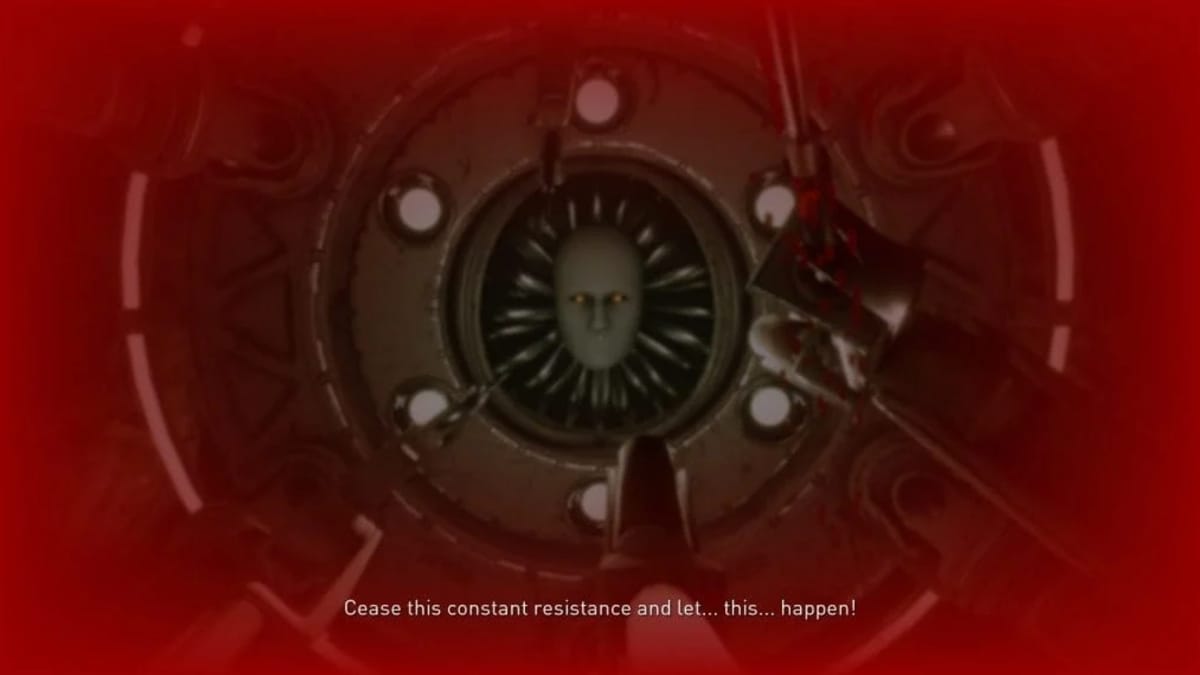
The couple of hours I spent with Apsulov: End of Gods were very impressive. I suspect fans of horror games will share my sentiments. There's a lot to love, and certainly a lot of creative ideas and imagery.
I was genuinely terrified more than once. If I'm ever looking for a spooky thrill then I know I should come right back here. It turns out the Norse gods are way more scary than God of War could have ever imagined.
TechRaptor covered Apsulov: End of Gods on PC via Steam using a copy provided by the developers.
This post was originally published in 2019. It's been republished to have better formatting and images.
Have a tip, or want to point out something we missed? Leave a Comment or e-mail us at tips@techraptor.net
